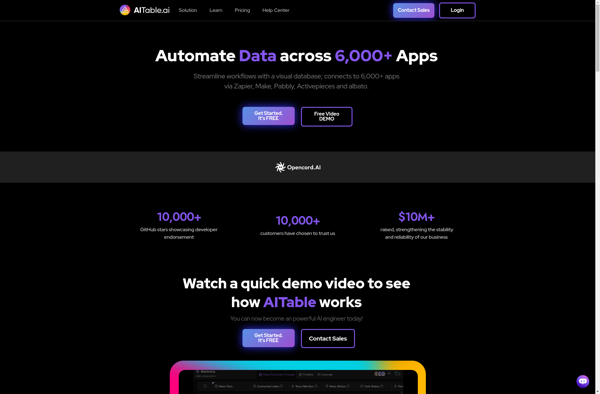OPSLAB
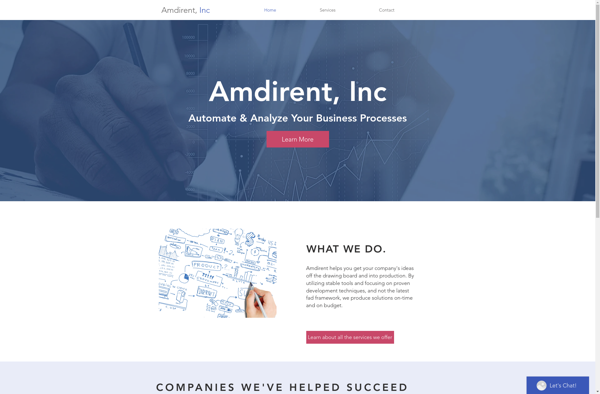
OPSLAB: Cloud-Native Application Platform
Open-source platform for building cloud-native applications using microservices architecture, providing tools and templates for quick development, deployment, and management of containerized apps.
What is OPSLAB?
OPSLAB is an open-source platform aimed at simplifying cloud-native application development using a microservices architecture. It provides a set of tools and components that help developers build, deliver and manage containerized microservices apps with DevOps best practices in mind.
Some of the key capabilities and components of OPSLAB include:
- Standardized project templates for quickly scaffolding cloud-native apps
- Container image build pipeline integration
- Dependency mapping and visualization for microservices
- Centralized logging, monitoring and alerting
- Service mesh integration for cross-cutting capabilities like tracing, security, traffic control
- Helm charts for simplified Kubernetes deployment
- Built-in CI/CD pipeline for continuous delivery
- GitOps support for declarative infrastructure management
By providing these capabilities out of the box, OPSLAB simplifies many complex aspects of developing microservices applications. Developers can use the platform to quickly build prototypes or proof-of-concepts and focus more on the business logic rather than infrastructure or operations. The open source model also allows teams to easily customize and extend OPSLAB if required.
OPSLAB Features
Features
- Microservices architecture
- Container orchestration
- Service discovery
- Distributed tracing
- Monitoring
- Logging
- Authentication
- Authorization
- CI/CD pipelines
Pricing
- Open Source
Pros
Cons
Official Links
Reviews & Ratings
Login to ReviewThe Best OPSLAB Alternatives
Top Development and Microservices and other similar apps like OPSLAB
Here are some alternatives to OPSLAB:
Suggest an alternative ❐Airtable
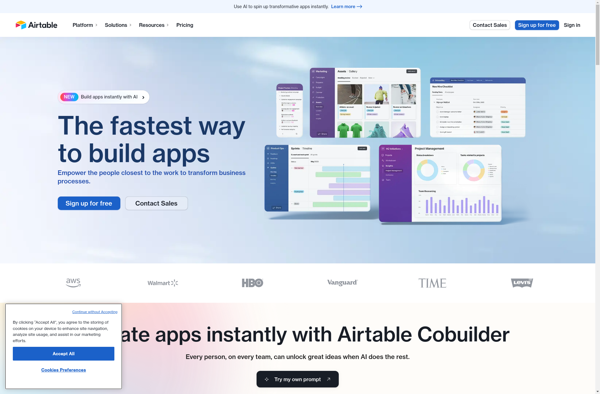
Clappia
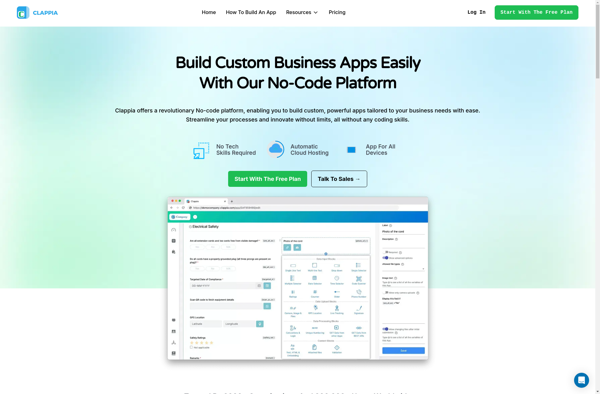
NocoDB
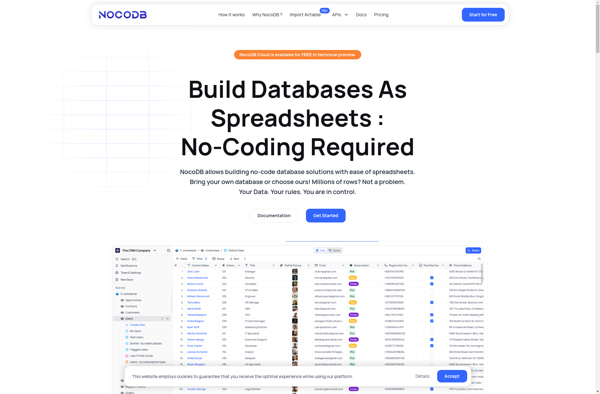
Zoho Creator
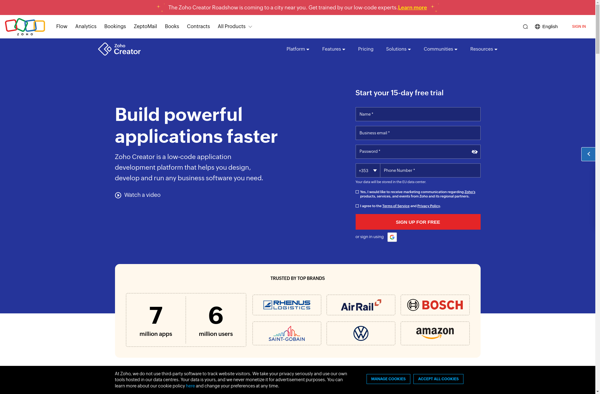
MaxBlox
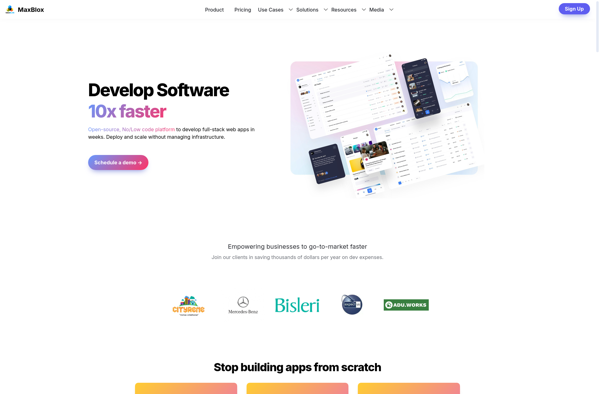
Rowy
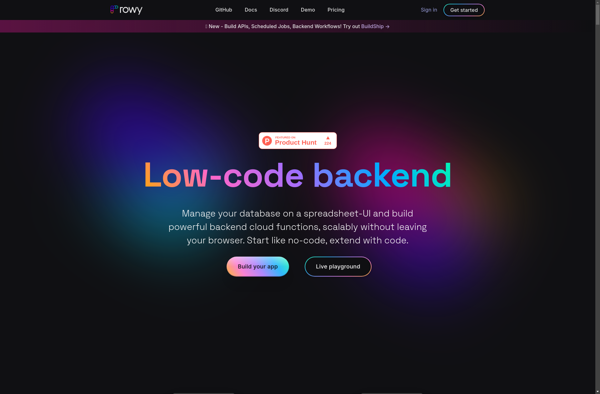
AITable
